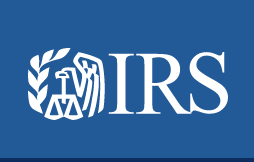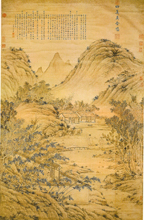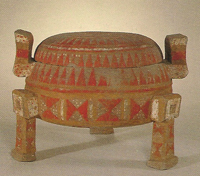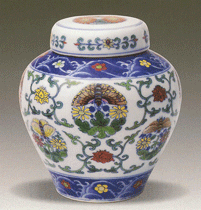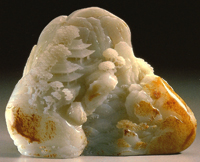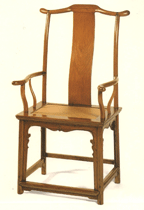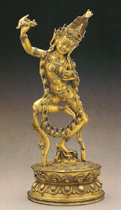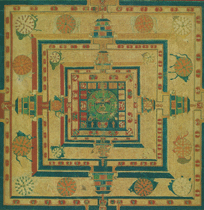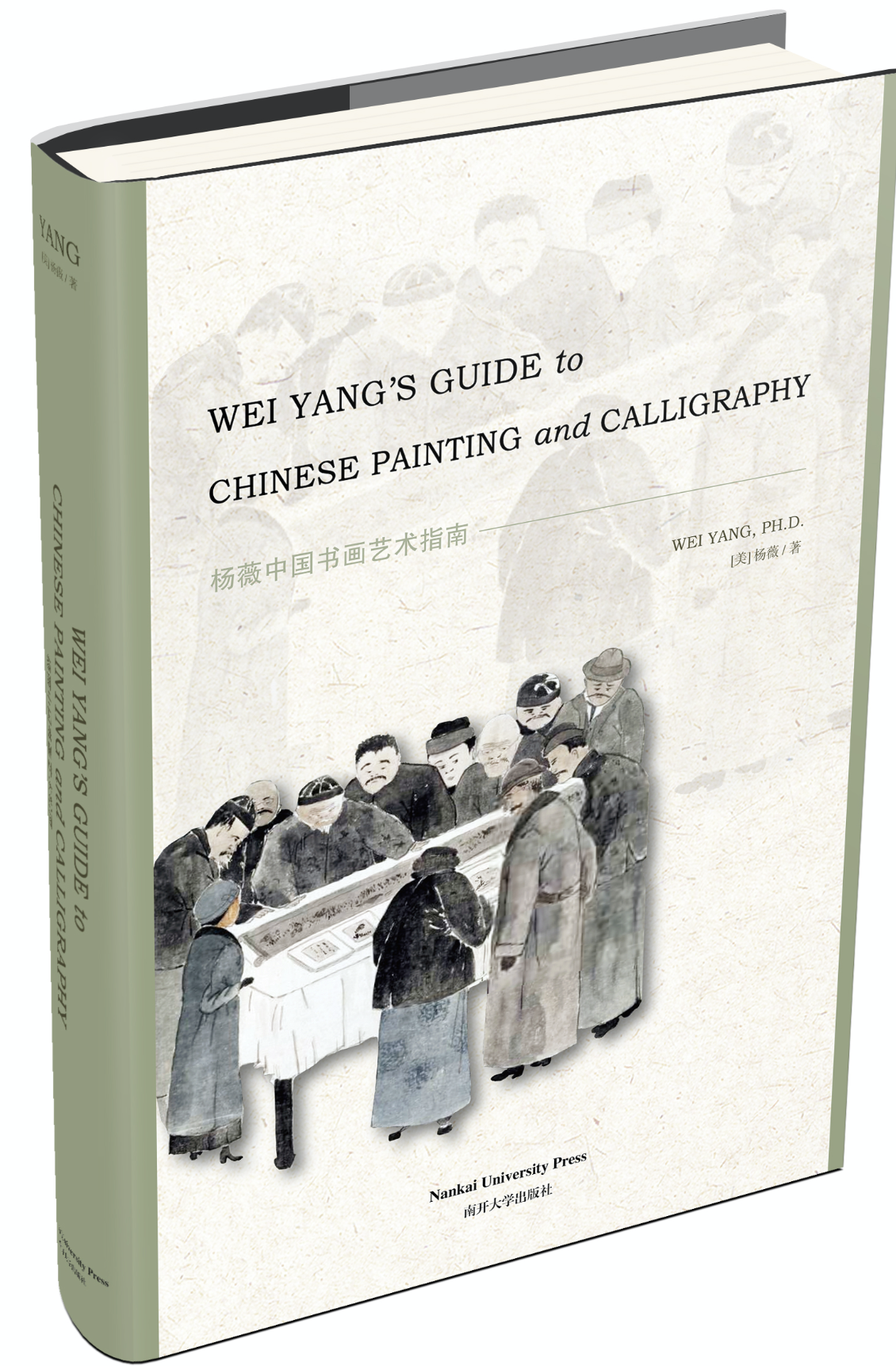APPRAISAL & IRS REGULATIONS
"Qualified Appraisal" by "Qualified Appraiser"
Dr. Wei Yang is a qualified independent art appraiser for taxation appraisals. She earned a M.A. in Asian art (1998) from Smith college and a Ph.D. in Chinese art and Tibetan art (2005) from Northwestern University, followed by two professional designations- Accredited Senior Appraiser in Asian Art (ASA, 2010-2025) and Appraisal Review (ARM, 2017-2025) from American Society of Appraisers. She has appraised most forms of Asian art, and performed appraisal review of Chinese art, ranging from Chinese painting and calligraphy, ceramics, jade, decorative art to Buddhist art, for varous purposes. She has served as Asian Art Appraiser since 2005, Review Appraiser since 2017 and Expert Witness for taxation litigation since 2015.
Dr. Yang is a dedicated Chinese art educator and writer. Before attending graduate schools in the United States, she worked for 15 years as a docent for Dunhuang Buddhist Caves, the largest Buddhist center in the world. She served as an associate research fellow and the deputy director of the Education Department, Dunhuang Research Academy (Gansu, China). While attending graduate schools, Dr. Wei Yang lectured at professional conferences and workshops and taught Chinese art classes. After receiving her Ph.D. in Chinese art and Tibetan art, she wrote about the connoisseurship, art criticism, forgery and valuation of Chinese painting and calligraphy prior to 1911 (Books and Articles by Wei Yang).
To help more art professionals learn how to appreciate and appraise Chinese art with competence, Dr. Yang has decided to scale back her appraisal practice to free more time for finishing two new books on Chinese ceramics and Chinese jade. She will stay engaged with the appraisal profession, although, starting in September 2025, Dr. Yang only accepts appraisal and appraisal review assignments that are interesting and challenging. Her passion for Asian art and her dedication to the excellence of professional art consultation and appraisal services remain intact. In other words, Dr. Yang will continue to offer Asian art consultation and appraisal services in compliance with the highest appraisal standards, rules and the code of ethics for appraisers.
Dr. Yang prepares Asian art appraisal in compliance with the Uniform Standards of Professional Appraisal Practice (USPAP) and the IRS regulations for "Qualified Appraisal" by "Qualified Appraiser."
Dr. Yang brings integrity, professional training, competence and objectivity in multiple fields, and impartiality to her work.
APPRAISAL & IRS REGULATIONS
-IRS Pulbications 526, 561 and Form 8283
In all matters related to taxation, you should learn the relevant national and local regulations and consult with a tax professional. This website does not offer legal or tax advice. The information below is intended to provide partial information on how the Internal Revenue Service (IRS) defines qualified appraisal and qualified appraiser.
Art collectors and donors, charitable organizations, loan officials, taxation attorneys and others involved in charitable giving and taxation should consult relevant IRS publications, including 526 (Charitable Contributions), 561 (Determining the Value of Donated Property), 8282 (Donnee Information Return), and 8283 (Noncash Charitable Contributions).
IRS PUBLICATION 561
-"Determining the Value of Donated Property
IRS Publication 561 (Determining the Value of Donated Property) states that, with some exceptions, “you generally will need an appraisal for donated property for which you claim a deduction of more than $5,000.” It also advises, “The weight given an appraisal depends on the completeness of the report, the qualifications of the appraiser, and the appraiser's demonstrated knowledge of the donated property.”
"QUALIFIED APPRAISAL"
-USPAP Compliance
IRS Publication 561 (Determining the Value of Donated Property) further defines a “qualified appraisal” as an appraisal document “that is made, signed, and dated by a qualified appraiser in accordance with generally accepted appraisal standards.” The text specifies eleven points of information that should be included in a qualified appraisal. A partial listing of the eleven points includes a description of the property, its physical condition, name and qualifications of the appraiser, date of valuation, Fair Market Value, method and basis of valuation. More detailed information is needed for art objects.
"QUALIFIED APPRAISER"
-Education, Experience and Professional Designation
IRS Publication 561 (Determining the Value of Donated Property) defines the minimum education and experience requirements for a “qualified appraiser.” A qualified appraiser must have earned an appraisal designation from an appraisal professional organization or have met certain educational requirements and amassed relevant experience. Organizations refer to American Society of Appraisers (ASA), Appraisers Association of America (AAA) and International Society of Appraisers (ISA). A qualified appraiser must also regularly engage in preparing appraisals and demonstrate expertise in the type of work being appraised.
NEED AN APPRAISAL FOR TAXATION?
-Rules for Charitable Donation Appraisal
Before filing your tax credits for charitable donation, consulting a Certified Public Accountant, a Tax Attorney and an Appraiser is wise. By the taxation law, IRS does not require an appraisal for every donated property unless the value of the donated property reaches the MAGIC number.
Dr. Wei Yang offers quality professional Chinese art consultation and Asian art appraisal services at an affordable rate. Because Dr. Yang believes that art owners should have access to the elite art consultation and appraisal services, and they deserve some professional compassion or generosity.
Need Asian art consultation and appraisal?
Starting with a preview of your property for appraisal is wise. Preview information is available at Preview My Artwork
